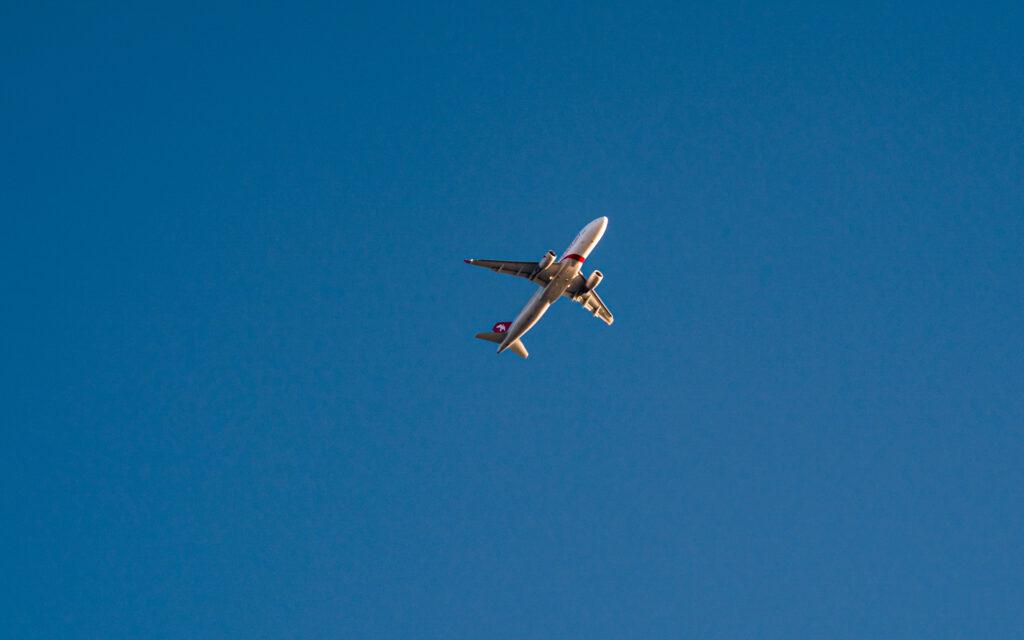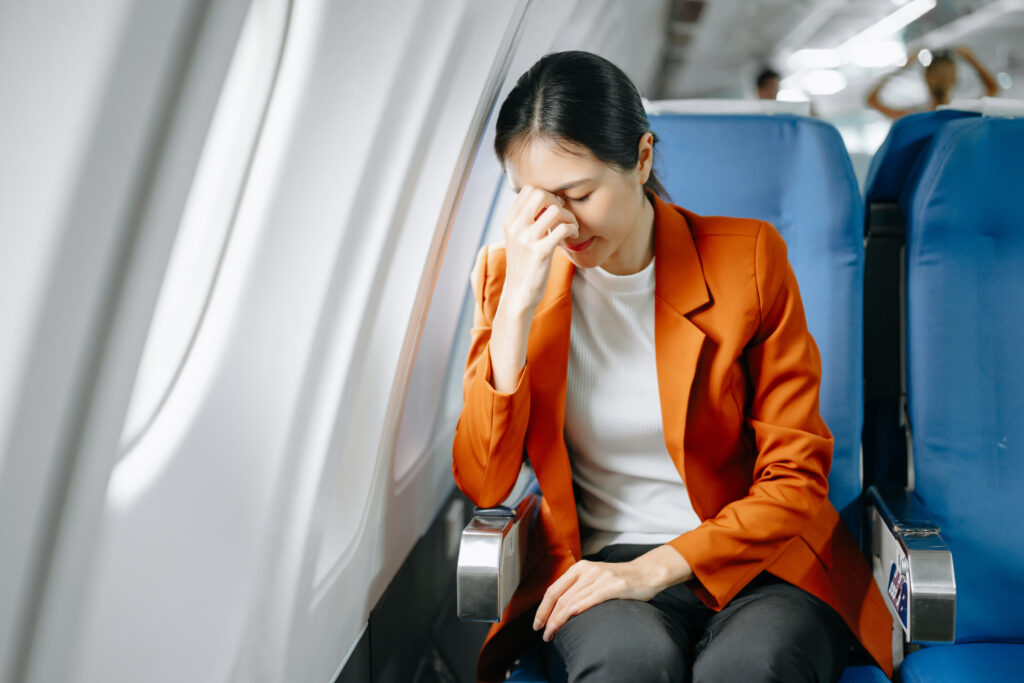For many people, the thought of getting on a plane brings up feelings of dread or panic, a condition often referred to as flight anxiety. Whether it’s fear of flying itself, claustrophobia in a confined space, or the sensation of being disconnected while in the air, this form of anxiety can make traveling extremely difficult. Flight anxiety can be triggered by various factors, including past traumatic experiences, fear of heights, or even a general anxiety disorder. While medications are available to help manage these symptoms, it’s important to recognize that flight anxiety may be a symptom of a deeper mental health condition that requires professional guidance.
What Is Flight Anxiety?
Flight anxiety is a specific form of situational anxiety where the person experiences intense fear or panic at the thought of flying. The causes of flight anxiety can vary widely but often include:
- Fear of flying accidents: This is a common cause where people worry about potential technical failures or crashes.
- Claustrophobia: Being in a closed, confined space can trigger intense anxiety in some individuals.
- Panic disorder or generalized anxiety: For those with existing anxiety disorders, the unpredictability or lack of control during a flight may worsen symptoms.
Understanding the root cause of this anxiety is crucial, as it can sometimes be a manifestation of a more complex anxiety disorder or phobia.
Medications for Managing Flight Anxiety
There are several medications commonly used to manage flight anxiety, typically in short-term or situational scenarios. These medications can help reduce symptoms in the moment but should be taken under the guidance of a healthcare provider to ensure proper use and avoid misuse.
- Benzodiazepines: Drugs like Xanax (alprazolam) and Ativan (lorazepam) are often prescribed for acute anxiety episodes due to their fast-acting effects. These medications help calm the nervous system, reducing physical symptoms such as a racing heart or sweaty palms. However, benzodiazepines can be habit-forming and should be used with caution, especially for those with a history of substance misuse.
- Beta-Blockers: While traditionally used for heart conditions, beta-blockers like propranolol can help manage the physical symptoms of anxiety, such as rapid heartbeat or shaking. This makes them useful for those who experience strong physical reactions to the fear of flying.
- SSRIs and SNRIs: If flight anxiety is part of a larger anxiety disorder, long-term treatments like selective serotonin reuptake inhibitors (SSRIs) or serotonin-norepinephrine reuptake inhibitors (SNRIs) may be prescribed. Medications such as Zoloft (sertraline) or Effexor (venlafaxine) can help stabilize mood over time and reduce overall anxiety levels, making it easier to cope with flying.

Seeking Medical Guidance for Lasting Solutions
It’s essential to recognize that while medications can help with immediate anxiety symptoms, they don’t necessarily address the underlying causes of the fear. Flight anxiety could be a sign of a more profound mental health condition, such as generalized anxiety disorder, panic disorder, or even post-traumatic stress disorder (PTSD). A mental health professional can help assess whether your anxiety stems from deeper issues and recommend an appropriate treatment plan. Treatment plans might include therapy, medication management, or a combination of both, tailored to your specific needs.
Medication management is an important part of treating anxiety disorders, as discussed in more detail in our article on behavioral health medication management. A treatment plan designed by a professional provides more lasting relief than temporary fixes like self-medication, which can be dangerous.
Long-Term Treatment for Flight Anxiety
For those whose flight anxiety stems from broader mental health concerns, a comprehensive treatment plan may be necessary. This could include cognitive-behavioral therapy (CBT), which is effective in helping people challenge and change the thought patterns that contribute to their fear of flying. Gradual exposure therapy is another approach, where individuals are slowly exposed to flying-related stimuli to desensitize their anxiety triggers over time.
Working with a psychiatric hub, like our practice, allows you to receive a more integrative approach to care. As explained in our article on the differences between psychiatric hubs and mental health clinics, psychiatric hubs offer both medical and therapeutic support, providing a comprehensive solution to conditions like flight anxiety.
Avoid the Dangers of Self-Medication
It’s important to avoid the temptation of self-medication when it comes to flight anxiety. Taking medications without proper medical advice can lead to misuse, dependency, or worsening symptoms over time. Read more about the dangers of self-medication and why it’s crucial to stick with a professional treatment plan designed specifically for your needs.
Take the First Step Today
If you suffer from flight anxiety and want to explore your treatment options, including medication and long-term therapy solutions, reach out to us at The Rural Hub Psychiatry Services. Our team is here to guide you toward lasting relief and help you enjoy a more comfortable, fear-free travel experience.


